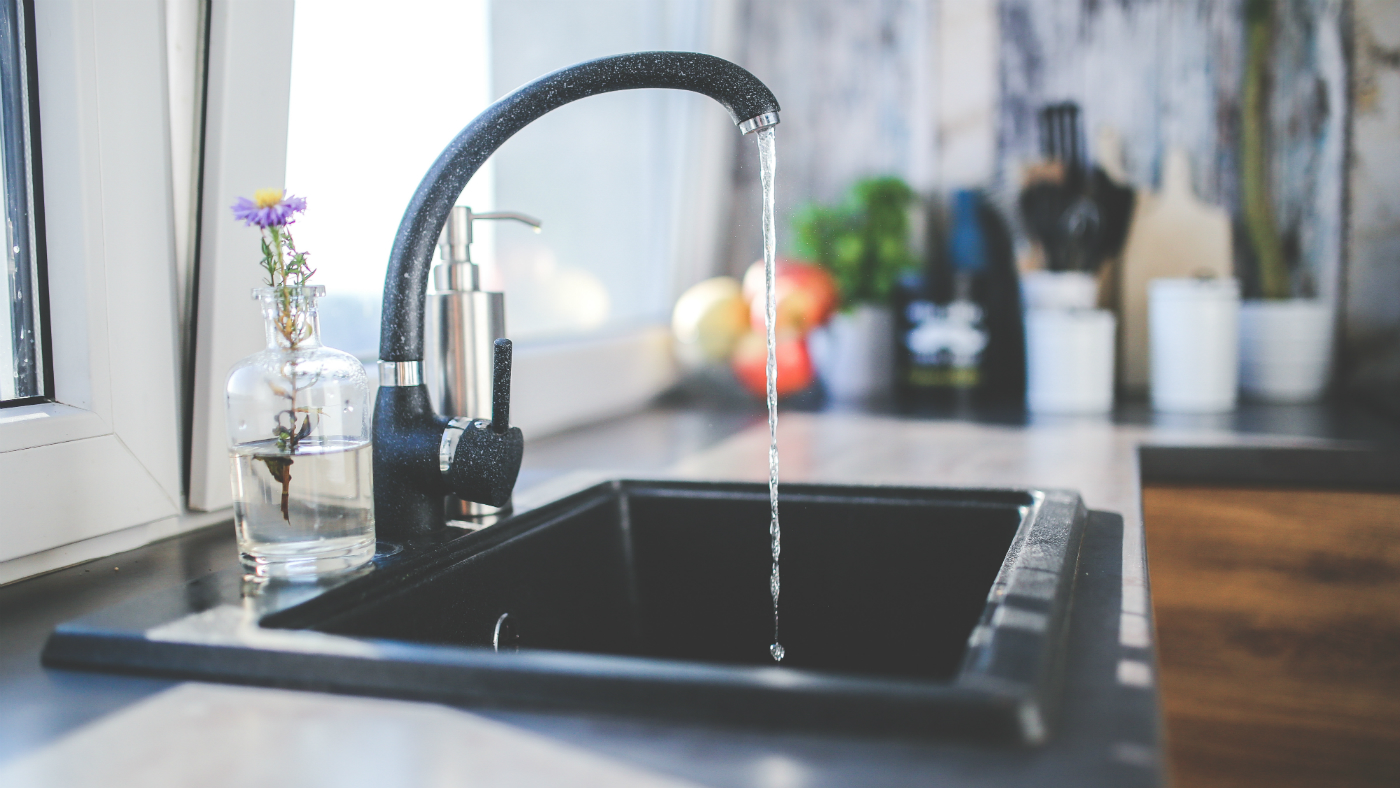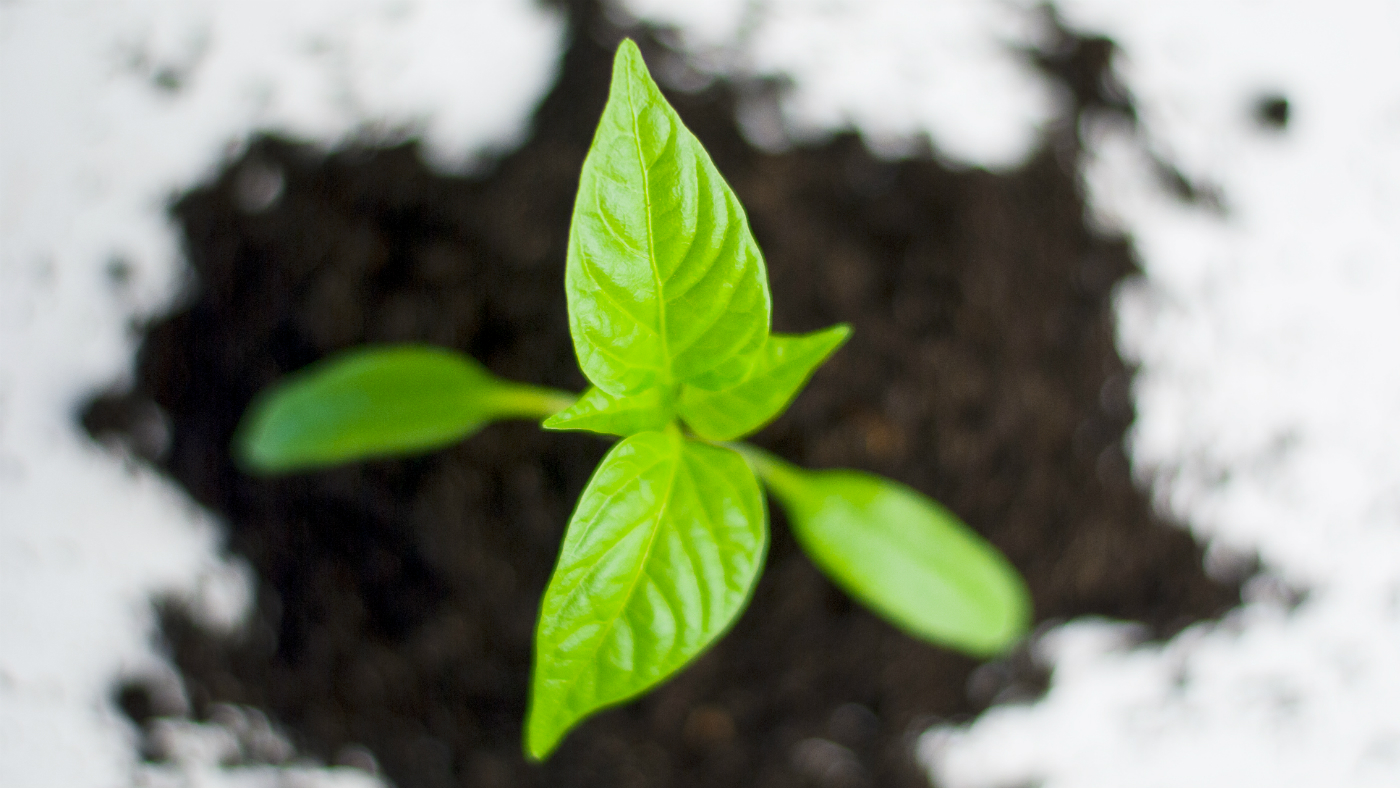Is lagom the new hygge?
Lagom is set to be the new Scandinavian philosophy of 2017, but don't put away your cosy comforts just yet

A free daily email with the biggest news stories of the day – and the best features from TheWeek.com
You are now subscribed
Your newsletter sign-up was successful
Last year was a time of woollen socks, roaring fires and harbouring a generally cosy vibe around the house. It was, simply, the year of hygge, the Danish lifestyle philosophy.
Although it was one of Collins Dictionary's words of the year for 2016, hygge, pronounced "hooga", has no direct English translation, but it means something on the lines of creating cosiness. The Danish Tourist Board's website says: "In essence, hygge means creating a nice, warm atmosphere and enjoying the good things in life with good people around you."
But 2017 has seen the spread of a far more minimalist - and far more starkly Swedish - concept: lagom.
The Week
Escape your echo chamber. Get the facts behind the news, plus analysis from multiple perspectives.

Sign up for The Week's Free Newsletters
From our morning news briefing to a weekly Good News Newsletter, get the best of The Week delivered directly to your inbox.
From our morning news briefing to a weekly Good News Newsletter, get the best of The Week delivered directly to your inbox.

Lagom, pronounced "lar-gohm", is a Scandinavian philosophy that encourages existing through simple means.
According to the Daily Telegraph, "the archetypical Swedish proverb, 'lagom ar bast', literally means, 'the right amount is best', and is often associated with the British proverb 'enough is as good as a feast'."
A lifestyle choice
Basically, it is a philosophy based on stripping back life's excesses and living a more moderate, modest and balanced life.
A free daily email with the biggest news stories of the day – and the best features from TheWeek.com
Other features include frugality, stress reduction, striking the perfect balance between work and play and focusing on environmental concerns and sustainability.
Even Swedish giants IKEA have come on board with the launch of Live Lagom, to teach people "how to make sustainable living easier, more affordable and attractive".

But don't throw away your artisan hot chocolate and block up your chimney just yet: hygge isn't dead.
Kayleigh Tanner, founder of the Hello Hygge blog, says the two philosophies can go alongside each other.
"If you're new to the concepts, it can initially seem as though hygge and lagom cannot co-exist," she says.
"It's easy to believe that hygge is all about overindulgence and gorging yourself on unhealthy treats - the opposite of lagom. But it doesn't have to be at all."
Hygge can be described as a feeling, while lagom is closer to a philosophy, she says: "An example might be if you've invited your friends over for dinner and you're having a fun, relaxed evening, the hygge would be about being content and enjoying your friends' company and the lagom could come in the form of eating just one slice of the cake they brought with them and not gorging yourself just because it's there."

Stripped back
As we head into what is already shaping up to be another turbulent year politically, lagom could be what we all need to find happiness in the simplest of pleasures in 2017.
Elle magazine says you can start by "keeping a note of your finances, consciously reducing your environmental impact on the world – whether it be with the fabrics of new clothes, recycling or energy consumption – and start making an effort to use those 5p shopping bags you've been stuffing in the kitchen cupboards".
May the rest of your year be pleasantly lagom.
-
 Companies are increasingly AI washing
Companies are increasingly AI washingThe explainer Imaginary technology is taking jobs
-
 The 9 best steroid-free players who should be in the Baseball Hall of Fame
The 9 best steroid-free players who should be in the Baseball Hall of Famein depth These athletes’ exploits were both real and spectacular
-
 ‘Bad Bunny’s music feels inclusive and exclusive at the same time’
‘Bad Bunny’s music feels inclusive and exclusive at the same time’Instant Opinion Opinion, comment and editorials of the day